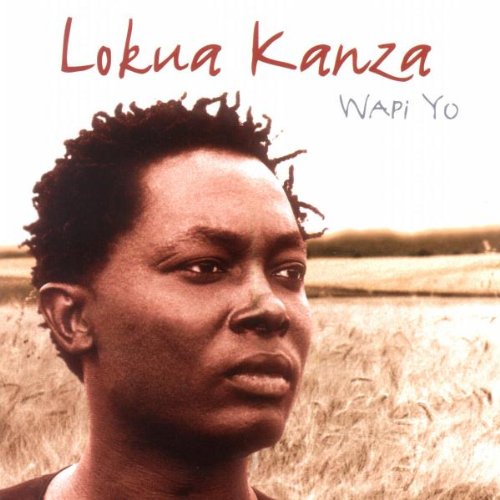
About Lokua Kanza
Pascal Lokua Kanza is a Congolese musician from the Democratic Republic of Congo (DRC). He plays many musical instruments, sings, composes, performs, produces and is a song arranger, among other talents. Lokua is fond of calmness and simplicity. He managed to create a music concept that blends very well with his character and lifestyle.
Lokua was born in Bukavu, a town in the East of DRC on April 21, 1958, from a Congolese ship captain and a Rwandese mother. His parents exposed him to music very early, through church choirs and other mediums like phonographs and televisions. Subsequently, Pascal started performing publicly at age eight. At age 13, he witnessed Miriam Makeba performing live and decided he wanted to become a professional singer.
He would then join a couple of bands like Chem-Chem Yetu and Mokako mostly performing as a soloist and accompanying guitarist. After Mokako, Lokua took a break from bands and went to study music at Kinshasa’s conservatory.
After his studies at the conservatory, Lokua joined Abeti Masikini’s band Les Redoutables as a guitarist in 1980. By that time, a reform by famous president Mobutu saw Lokua obliged to abandon his first name Pascal and simply become Lokua Kanza. In 1984, he moved to Paris to learn Jazz and further pursue his musical career. Indeed, Lokua managed to join Paris’ first Jazz school to further his music study. During that period, he built his reputation as a very talented and hardworking musician. He started collaborating with many international artists like Ray Lema, Papa Wemba and Manu Dibango.
Solo Career
In 1992, Lokua kick-started his solo career with his first album “Lokua Kanza” and a concert at Paris’ mythical positively Olympia. The album received very positive critics. Lokua, by the way, received the Best African Album price at the African Music Award in Libreville (Gabon). All was on track for Lokua’s prolific career.
A video of the song Mutoto, by Lokua Kanza.
He then collaborated on many other projects. For instance, in 1994 Lokua helped arrange Papa Wemba’s Emotion, one of the later’s most acclaimed releases. Emotion was recorded and arranged at Peter Gabriel’s famous recording studio in U.K. Lokua composed four of the 11 release album tracks. He also helped other artists like Youssou N’Dour, Geoffrey Oryema, Christophe Mae, etc. on their projects.
After his first hit album, Lokua did it again with Wapi Yo, another very successful release in 1995. Wapi Yo (Lingala for “where are you”) is a masterpiece, with well-matured beautiful songs.
Song Shadow Dancer, by Lokua Kanza, from his second album Wapi Yo.
Lokua did’nt do it again in 1998, though. His album release titles 3 (Trois) went without the usual acclaims. Poor marketing and promotion reportedly did not do justice to the 12 track release; a pity for a great work that explored many horizons and topics like love and sex, peace and friendship. Fortunately for his fans, Lokua released Toyebi Te (Lingala for “we don’t know”) in 2003. Toyebi Te was quickly followed by Plus Vivant, released in 2005. Once again, Lokua’s audience acclaimed his artistic prowess.
More Recently
In 2016, Lokua joined the panel of judges for The Voice Afrique francophone and stayed for two seasons of the show. Meanwhile, he managed to release Toto Bona Lokua, a collaboration album with two other big names of African music, Richard Bona and Gérard Toto. Lokua finally announced that he would not continue with on The Voice, to fully focus on his next album still pending release (as of early-2019).
Although from Congolese origin, Lokua mostly plays an international music style, and almost no Rumba. His music is also devoided of some Congolese trademarks like Seben and Mabanga. Nonetheless, some African tones are easily heard inside his cultural melting pot style.
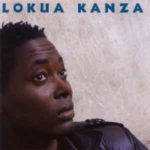
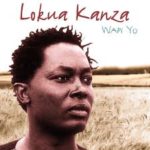
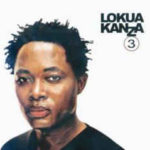
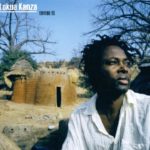
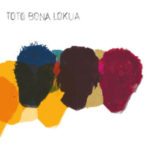
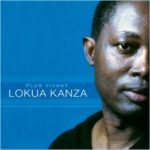
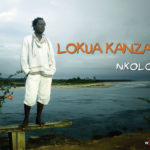
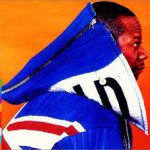
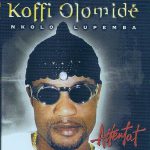
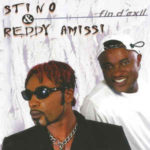
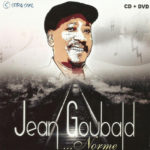
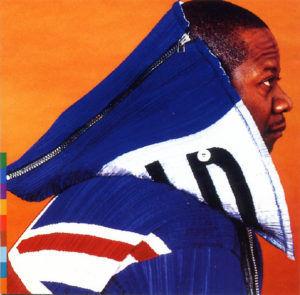
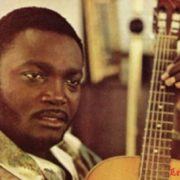
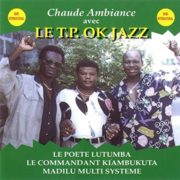
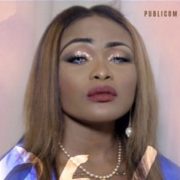
Leave a Reply